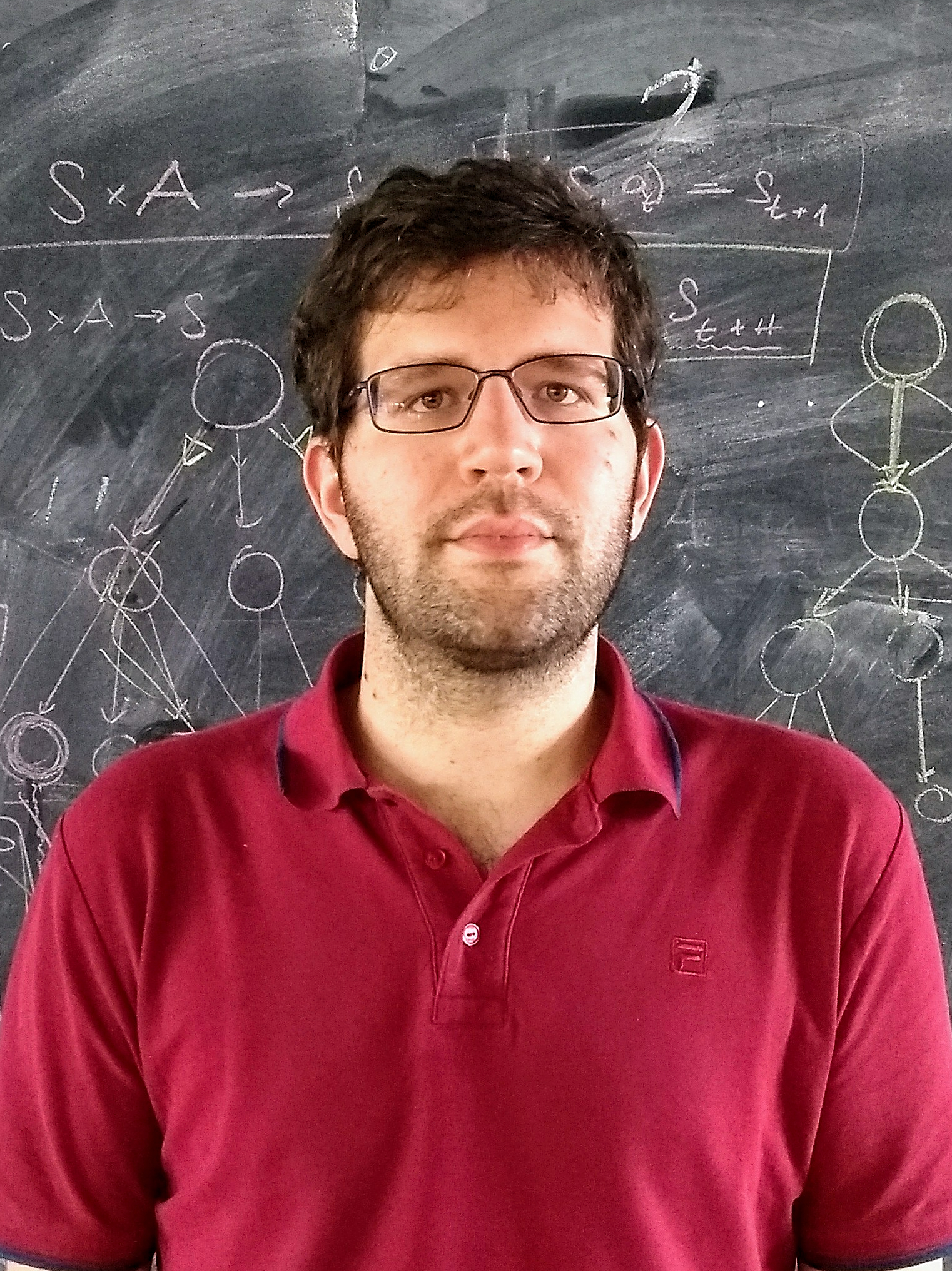Adversarial examples and optimal transport
A seminar of Mathematics for daTa scieNce at the Department of Mathematics
 |
|
Bio
I obtained my bachelor and master degrees in pure mathematics from the university of Trento and as part of my master I participated to a two semesters Erasmus at the university of Utrecht (The Netherlands). After my graduation I started a Ph.D. in computer science as part of the International Max Planck Research School for Intelligent Systems (IMPRS-IS) in Tübingen, where I am working on theoretical aspects of machine learning.When and Where
1 June 2018, 11.30-12.30
Room A108 of Polo Scientifico e Tecnologico “Fabio Ferrari”, Povo 1, see here
Abstract
Through state of the art methods, like convolution neural network, a number of breakthrough in classification problems were achieved. Despite their unquestionable success, many questions remain unanswered. In this talk I will focus on the problem of adversarial examples. An adversarial example is defined as a small alteration of a correctly classified input that leads to misclassification. While extensively studied empirically, there is still a lack of understanding on why adversarial examples happen and why they are so easily constructed for any given input. Recently, optimal transport emerged as the best way to model and analyse mathematically adversarial examples. After a short introduction, I will illustrate how the theory of optimal transport is currently used and how we hope to improve the state of the art.